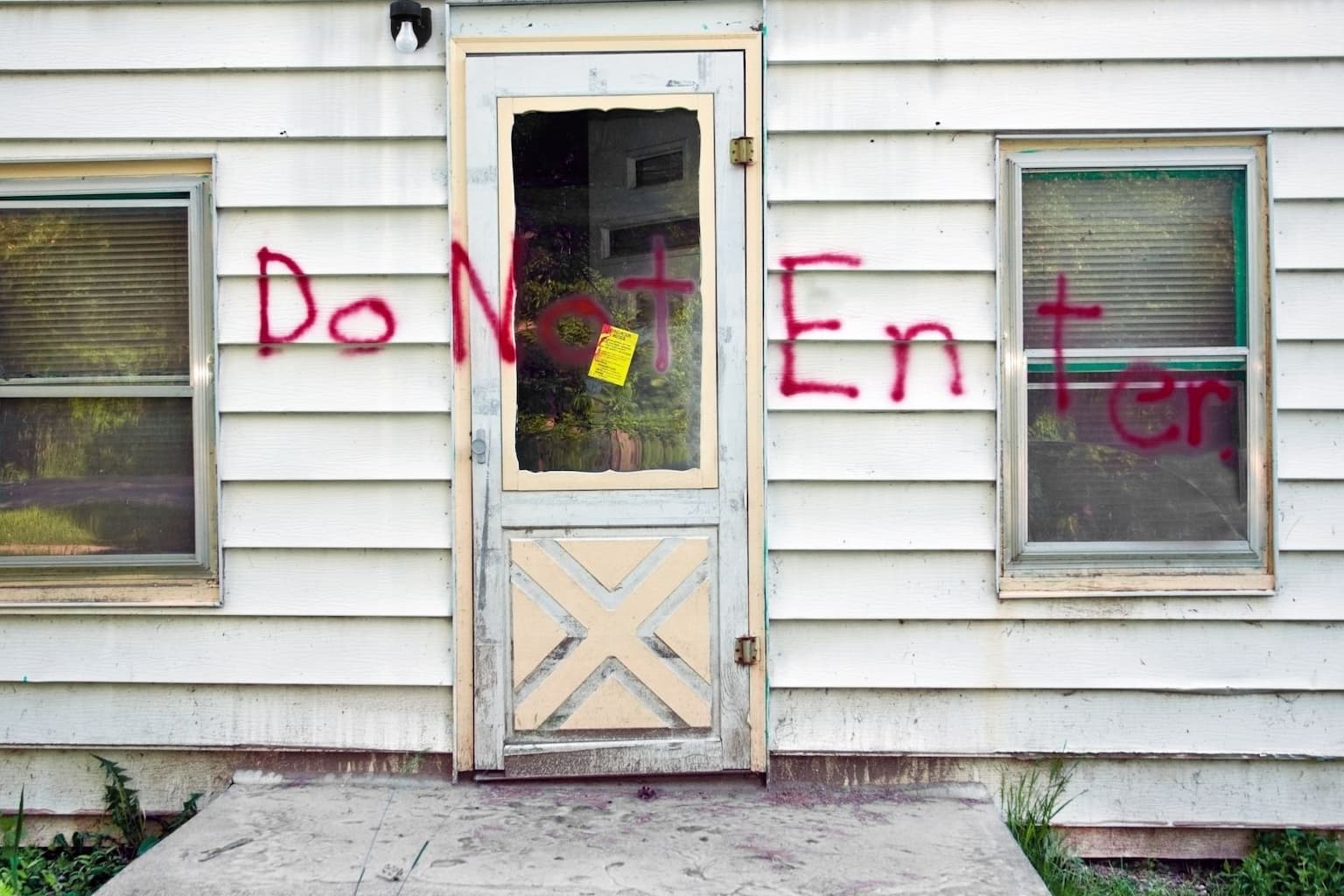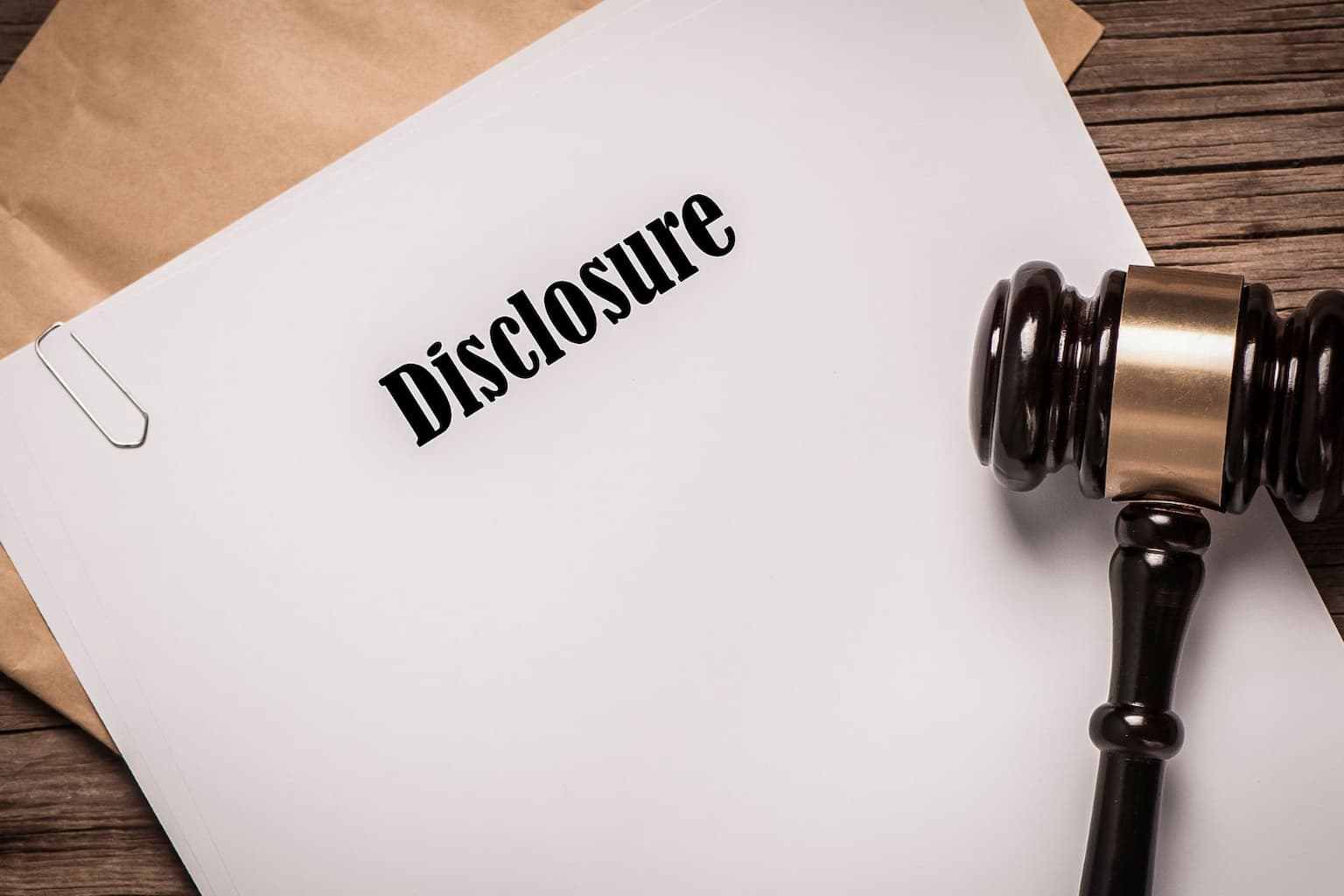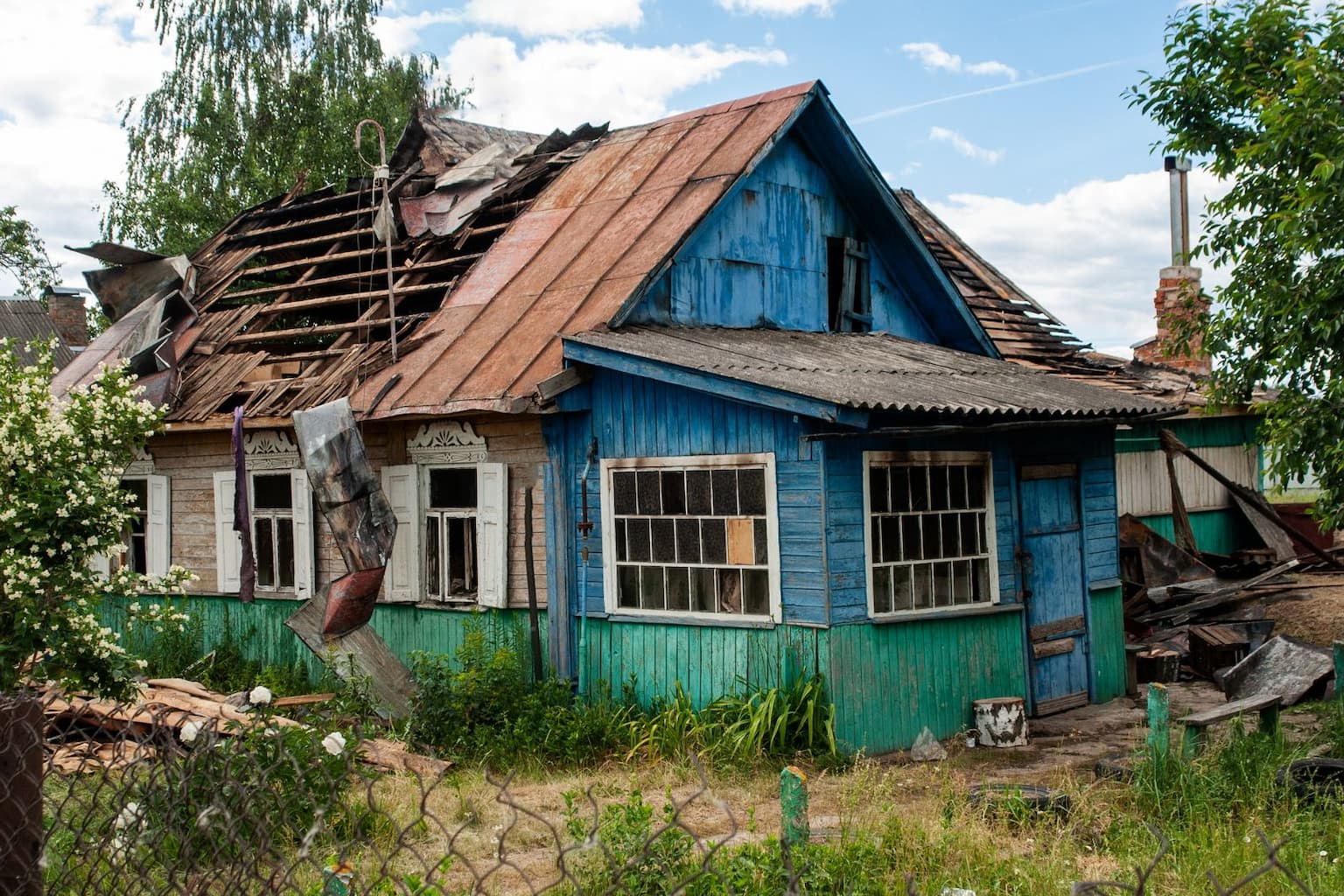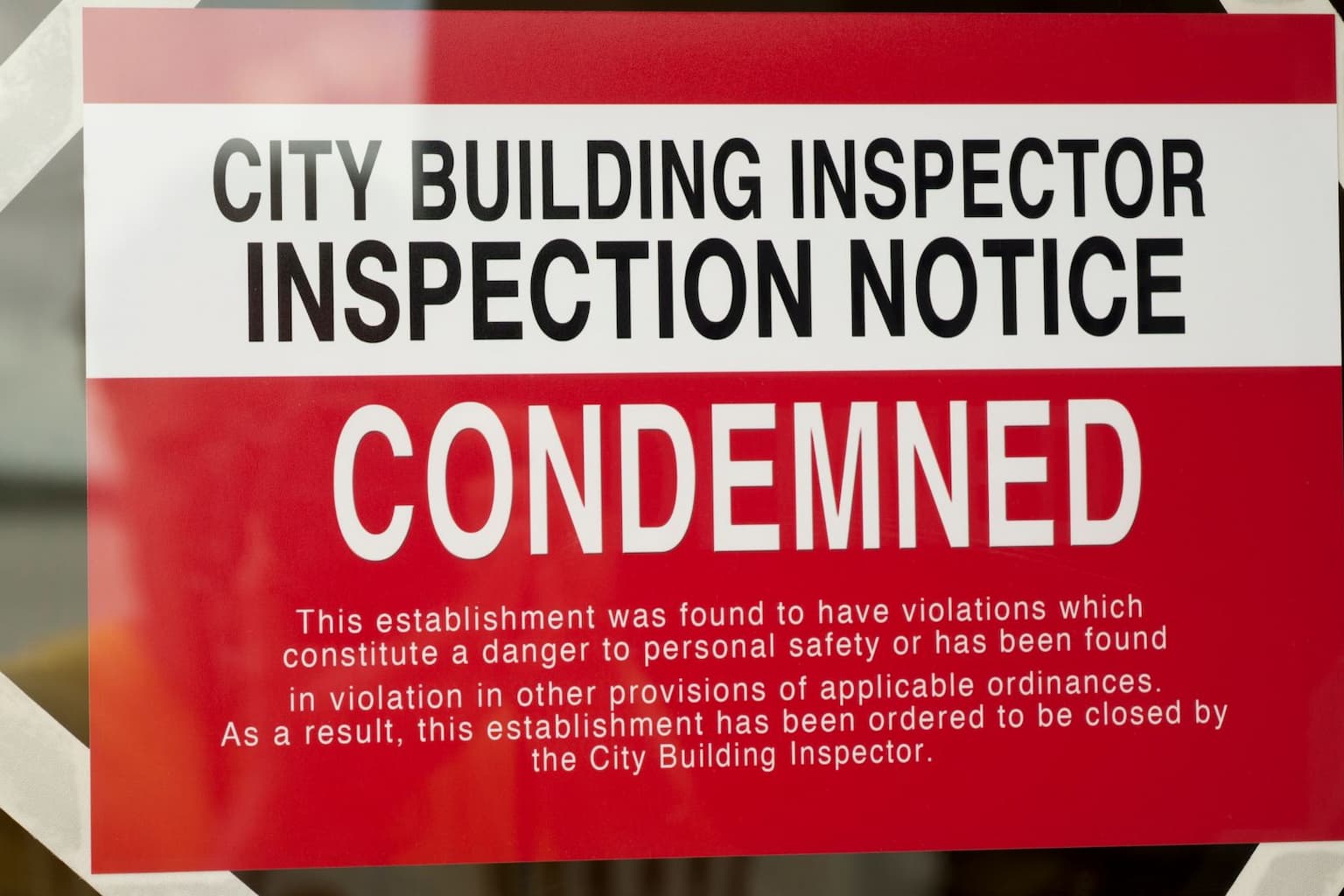How to Sell a Condemned House As-Is: Steps and Tips
Yes, you can sell a condemned house as-is, but you must understand the legal and safety responsibilities involved. The process may sound complicated, but with the right approach, it’s possible to attract the right buyer and close a deal. In this guide, you’ll learn what it means to sell a condemned home, how to handle legal disclosures, and how to find the right buyer fast.
Key Takeaways
- You can sell a condemned house as-is, but you must follow local disclosure laws.
- Some states legally require sellers to disclose the home's condemned status.
- Target buyers like real estate investors or contractors with redevelopment goals.
- A comprehensive property assessment helps build trust and establish a realistic price.
- You can use proper appraisal strategies to determine prices based on condition and potential value.
What Does It Mean to Sell a Condemned House As-Is?
A condemned house is one that the government has declared unsafe to occupy, often due to structural issues, health risks, or severe code violations. When you sell a condemned house as-is, you’re offering it in its current state, without making repairs.

Hot Topic You Might Love: If you're enjoying this, don’t miss our latest post — Sell a Condemned House in California. It’s getting attention and might surprise you.
Why Would Someone Buy a Condemned House?
Buyers—mainly real estate investors or builders—often see these homes as opportunities. With the right renovations, a previously condemned property can be transformed into a profitable resale or rental.
Understanding Condemned Properties
Before listing your home, it’s essential to understand what a condemned status means. Most condemned houses are deemed unsafe due to:
- Major structural damage
- Fire or water damage
- Mold, asbestos, or lead-based hazards
- Long-term vacancy or code violations
These problems usually fall under local housing or building codes. Please consult your local authority to confirm the specific classification and its implications for selling the home.
According to the National Association of Home Builders, building codes and safety regulations are created to protect occupants from hazardous living conditions—something condemned homes often fail to meet.
Legal Implications of Selling As-Is
Disclosing a Condemned Status
When you sell a condemned house as-is, legal disclosures are a must. Even if you’re selling without repairs, you must inform potential buyers about:
- The home’s condemned status
- Known hazards (like asbestos or a cracked foundation)
- Any government actions related to the property
Failing to disclose can result in lawsuits or fines, even after the sale has been completed. For a deeper understanding of California’s rules, visit our complete guide on selling a condemned property in California.

Finding the Right Buyer for a Condemned Home
Target Investors and Renovators
Your best bet is to market the home to real estate investors, house flippers, or experienced contractors. These buyers are more likely to see potential value and accept the property’s condition.
Use Strategic Marketing
- List on real estate investor platforms or wholesale property sites.
- Use keywords like “fixer-upper,” “investment opportunity,” and “redevelopment property.”
- Could you share on local real estate Facebook groups or property forums?

You can also watch this short YouTube video on probate and distressed property basics to better understand your options if inheritance or legal proceedings are involved.
Working with an agent who specializes in distressed homes can also expand your reach.
Pricing and Valuation Strategies for Condemned Properties
Setting the right price is crucial when selling a condemned house as-is. Use an appraisal method that fits your goals:
| Appraisal Method | Pros | Cons |
|---|---|---|
| Cost Approach | Great for unique homes | May overestimate value |
| Sales Comparison | Reflects real market trends | Needs similar property comps |
| After Repair Value | Shows future potential | Requires estimated repair cost |

Don’t forget to factor in current market conditions and buyer expectations. Transparency about repair costs will help in negotiations.
Steps to Take Before Listing a Condemned Property
Step 1: Assess the Property
Could you hire a qualified inspector or contractor to evaluate the home's condition? This gives buyers a clearer picture and builds credibility.
Step 2: Get Repair Estimates
Even if you're not making any repairs, could you provide buyers with cost estimates? This helps them plan their investment and improves trust.

Step 3: Gather Documents
Collect any permits, violation notices, past appraisals, and tax records. Full disclosure helps reduce buyer hesitation and makes the sale process smoother.
You might want to check out our local home-buying services in Arden-Arcade, CA if your property is in the area—we specialize in fast, as-is sales.
Conclusion
If you're asking, “Can I sell a condemned house as-is?”, the answer is yes, but only with careful planning and legal awareness. Target the right buyers, follow disclosure laws, and price the property based on its condition and potential. With transparency and the right strategy, selling your condemned home doesn’t have to be a burden.





